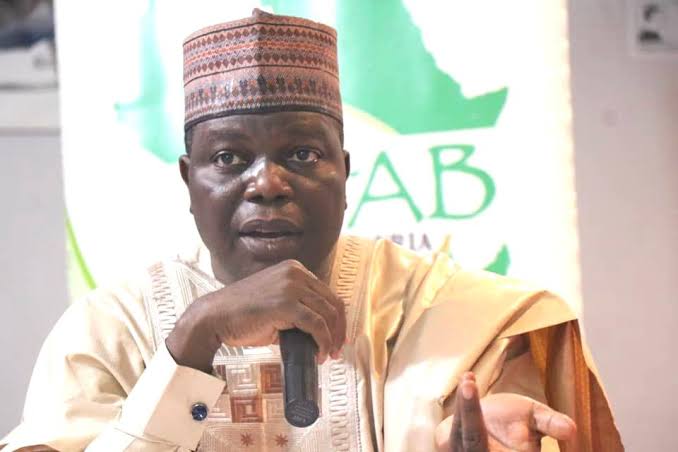The National Agricultural Biotechnology Development Agency (NABDA), has called on the government to invest more in science, engineering, and biotechnology for rapid transformation and diversification of the Nigerian economy.
Director General NABDA, Prof. Abdullahi Mustapha, made this call in Abuja at Technology and Science EXPO 2023, pointed out that without adequate investment in science, engineering, and innovation, Nigeria would be going back to the Dark Ages.
Biotechnology is the use of biological systems, organisms, technology, and products to solve problems and make useful products through the modification of an organism’s DNA to help preserve the life and health of plants.
Farmers Express Support for Biotechnology
Mustapha stressed the need for more investment in the knowledge-based economy, adding that there is an urgent need to provide infrastructural facilities in various science and research laboratories across the country for optimal performance.
According to him, biotechnology plays a key role in protecting our planet’s resources and enhancing people’s lives, adding that it has four major areas that NABDA concentrates on, which include healthcare, crop production and agriculture, industrial technology, and environmental usage.
NABDA to Produce 5 Million Yam Seedlings via Biotechnology
The NABDA boss called for both local and foreign investors to invest in the biotechnology sector, in view of the sector’s burgeoning and exponential growth, while lamenting that none of the top 25 biotechnology companies that are making huge investments across the world come from Africa.
He disclosed that the agency, in collaboration with other institutions, has commercialized modified cowpea, making Nigeria produce 47 percent of the cowpea that is being produced in Africa, adding that TELA maize, which is pest-resistant, drought-tolerant, and of high yield, would be released for the use of farmers after it has undergone field trials and other processes and protocols.



